Press releases
Univention and the Verband Bildungsmedien e. V. network publishers, schools and school authorities
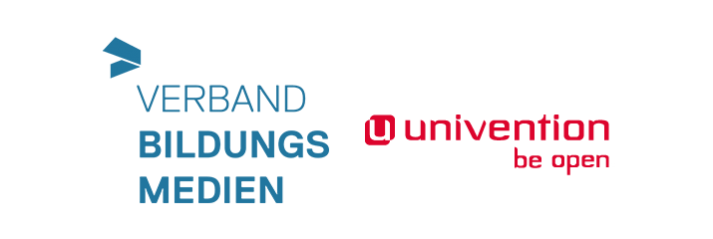
Bremen, May 5, 2021 – Univention and the Verband Bildungsmedien e. V. are improving digitization in education with their partnership. The association has commissioned the Bremen-based software manufacturer to connect the identity management of its school solution UCS@school with the association’s license management BILDUNGSLOGIN as part of a pilot project. It intends to provide teachers […]
13th Univention Summit: Important steps towards digital sovereignty
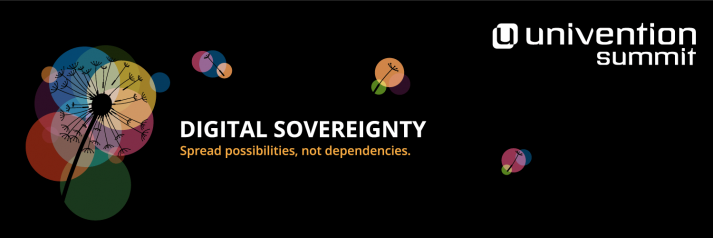
Bremen, February 2, 2021 – “The Corona crisis has relentlessly exposed Germany’s weaknesses in digitization – nevertheless, we achieved a great deal in the past year,” said CEO Peter Ganten, summarizing Germany’s situation at the Univention Summit 2021 on January 29. Under the slogan “Digital Sovereignty – Spread possibilities, not dependencies”, representatives from the IT […]
Univention records above-average growth in 2020

Bremen, January 5, 2021 – With its solutions for the secure, independent and efficient operation of IT infrastructures, the Bremen-based open source vendor Univention achieved an increase in sales of more than 35% in 2020 compared to the previous year. The company was able to triple the number of users of its solution UCS@school in […]
Order from Dataport for Open Source collaboration platform Phoenix
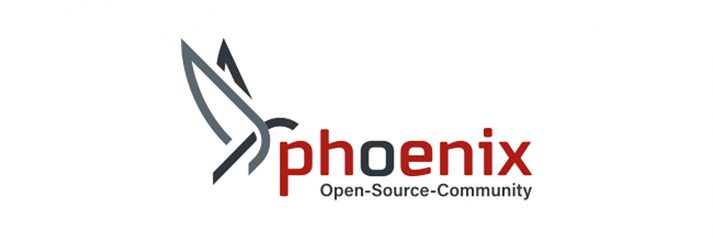
Dataport has commissioned a consortium of partners, consisting of Univention, Bechtle, Fraunhofer and Capgemini with the creation of a web-based collaboration platform building on Open Source products by Univention. This platform is to enable the gradual shift of the software infrastructure used in public administration and education towards Open Source. The goal is to largely […]
Univention adds Seafile, Wekan and Zammad to its App Center
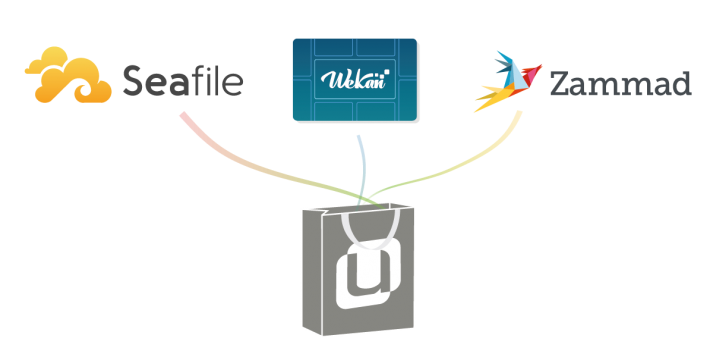
Bremen, October 1, 2019 – Adding apps to corporate IT with a single click instead of complex installations – the advantages of Univention’s App Center have become well known to customers and software providers. The specialist for IT infrastructure and identity management reports prominent growth for its platform: The dropbox alternative Seafile, Kanban board and […]
Many small improvements and one extension: UCS 4.4.1 with REST API (beta) released

Bremen, July 16, 2019 – Our first point release of UCS 4.4 includes all minor improvements and bugfixes of the updates released over the past months and also brings some exciting new features: Univention Directory Manager (UDM): More performance, improved functionality and a new REST API as beta version There are significant performance improvements for […]
Univention Corporate Server 4.4: More Security and Ease of Use

Bremen, March 12, 2019 – Univention has launched the latest release of Univention Corporate Server (UCS). The enhancements of version 4.4 focus on a number of new features, higher security and more comfort. With the application “Admin Diary”, UCS now supports administrators in making administrative activities traceable. For more security, password policies can be defined […]
Univention offers online distribution platform for software manufacturers
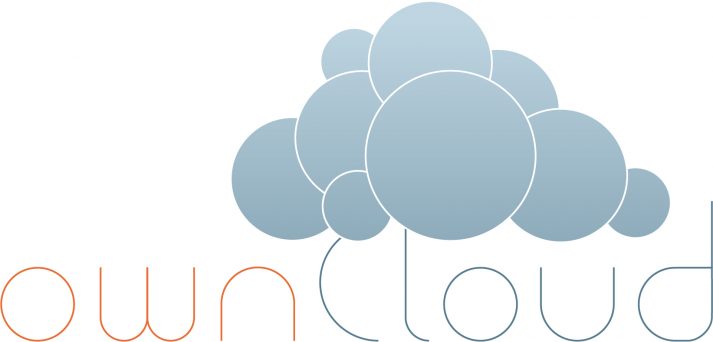
Bremen, August 15, 2018 – Univention, a specialist in IT infrastructure and identity management, offers software manufacturers an attractive distribution channel: They can sell their solutions directly online via the Univention App Center. IT service providers and system houses are now able to combine tailor-made solutions from a broad portfolio of business applications to their […]
- 12
